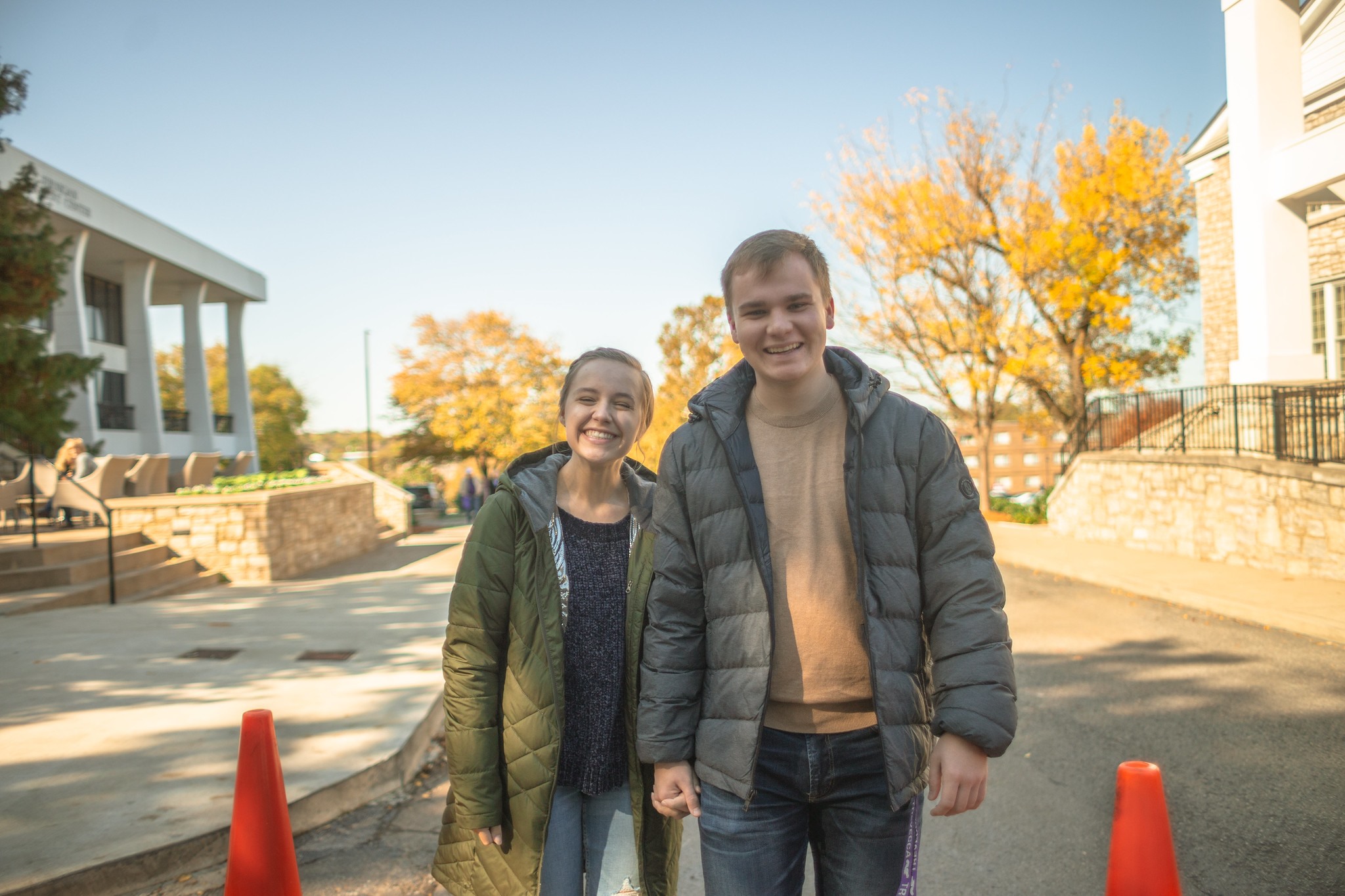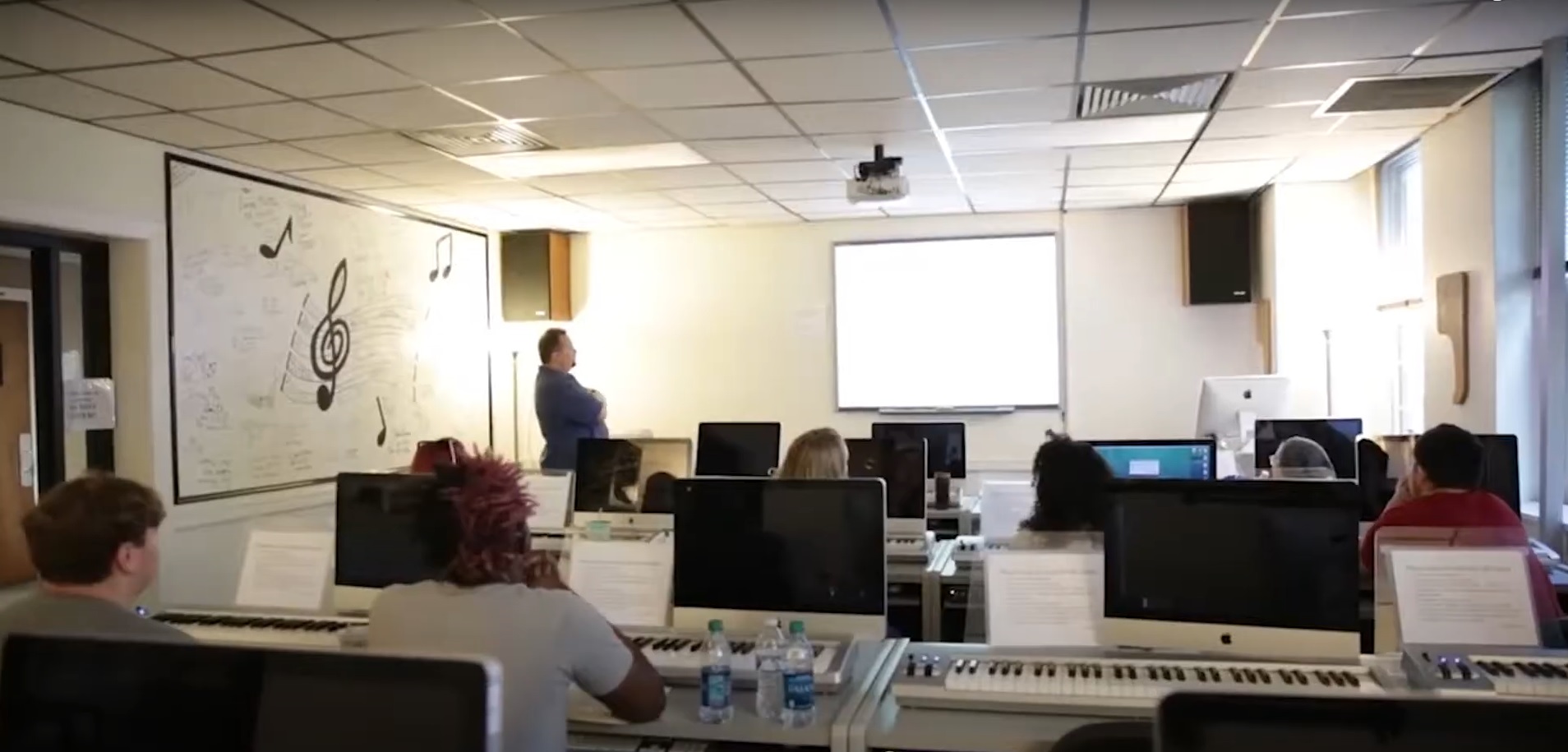Selecting a purebred puppy
- Home Page 49

Paradise Palms Café
This content is accessible to paid subscribers. To view it please enter your password below or send mike@standardsmichigan.com a request for subscription details.
Readings: Racial Homophily (Endogamy)
This content is accessible to paid subscribers. To view it please enter your password below or send mike@standardsmichigan.com a request for subscription details.
Halloween Cooking
Wishing our Elon community a spook-tacular Halloween! pic.twitter.com/IShrS5H5PU
— Elon University (@elonuniversity) October 31, 2025
Carmelite Monks of Wyoming Monastery
This content is accessible to paid subscribers. To view it please enter your password below or send mike@standardsmichigan.com a request for subscription details.
Homophily
This content is accessible to paid subscribers. To view it please enter your password below or send mike@standardsmichigan.com a request for subscription details.
Bangers and Mash
University of New England Financial Report 2022 | ($30.81M)
Classic British comfort food. The origin of the recipe can be traced back to the United Kingdom in the mid-20th century. The dish’s name, “bangers,” comes from the habit of sausages bursting open (banging) while cooking due to their high water content, particularly during World War II when meat was scarce, and fillers were added to sausages.
The popularity of sausages and mashed potatoes as a meal likely dates back much further in British culinary history. Sausages have been a part of British cuisine for centuries, and mashed potatoes have been consumed in the UK since potatoes were introduced to Europe in the 16th century. It has long since become the go-to meal for college students seeking a satisfying, simple, and budget-friendly option during their academic years.
Ingredients:
Pork sausages (traditional British bangers)
Potatoes (such as Russet or Yukon Gold)
Butter
Milk or cream
Salt and pepper to taste
Onion gravy (optional, for serving)
Instructions:
Start by preparing the sausages. You can grill, pan-fry, or oven-bake them until they are cooked through and nicely browned.
While the sausages are cooking, peel and chop the potatoes into chunks. Place them in a pot of salted water and bring to a boil. Cook until the potatoes are tender and can easily be pierced with a fork.
Drain the potatoes and return them to the pot. Mash the potatoes using a potato masher or a potato ricer.
Add butter and a splash of milk or cream to the mashed potatoes, and continue mashing until you achieve your desired consistency. Season with salt and pepper to taste.
Serve the cooked sausages on top of the mashed potatoes, and if desired, pour onion gravy over the dish.
The History of “Bangers and Mash” as a College Meal:
Simplicity: The dish is easy to prepare, requiring basic cooking skills and readily available ingredients, making it ideal for students who may have limited cooking facilities or time.
Affordability: Sausages and potatoes are often budget-friendly ingredients, making “Bangers and Mash” a cost-effective meal for students on tight budgets.
Comfort and Nostalgia: The dish’s hearty and comforting nature brings a sense of nostalgia and home-cooked goodness to college students, especially those living away from home for the first time.
Social Meal: “Bangers and Mash” is a dish that can be shared with friends or hallmates, making it a popular choice for communal meals in college dormitories or shared kitchens.
Overall, “Bangers and Mash” has not only been a staple in British cuisine but also a go-to meal for college students seeking a satisfying, simple, and budget-friendly option during their academic years.
Mushroom Coffee
University of Miami Net position: 2023 $7.774B | Map | Facilities & Operations
Mushroom coffee (Michigan State University), a blend of coffee and medicinal mushroom extracts like lion’s mane and chaga, has gained traction on college campuses due to its perceived health benefits and social media buzz. Students, often seeking alternatives to high-caffeine drinks, are drawn to its lower caffeine content—about 40-60 mg per cup compared to 95 mg in regular coffee—reducing jitters while maintaining focus.
Claims of enhanced cognition, immunity, and stress relief resonate with health-conscious Gen Z, fueled by ancient medicinal traditions and trendy marketing. Campus coffee shops and online retailers make it accessible, though its higher cost (often $20-$40 for 30 servings) is a drawback for budget-conscious students.
Despite limited scientific backing for health claims, the earthy taste and functional appeal align with the wellness culture, making mushroom coffee a niche but growing staple among students balancing academics and self-care
Today marks the 6th annual #UMiami Giving Day—a 24-hour celebration of Cane spirit and community-driven impact! https://t.co/lPeita8GE6 pic.twitter.com/baw677wMRX
— University of Miami (@univmiami) April 3, 2025
Blockchain Standards
This content is accessible to paid subscribers. To view it please enter your password below or send mike@standardsmichigan.com a request for subscription details.
Latte Macchiato
2019 ProPublica Non-Profit Explorer | IRS 990 Net Assets $90.194M
“The Liberals are Coming, and They’re Bringing Fancy Coffee” https://t.co/XykfCFYZgVhttps://t.co/exHU6TR2h9
America is changed by flight from miserable Blue States to better Red States—only to import the policies that created the misery they fled from in the first place. pic.twitter.com/OaVVgrTxJr— Standards Michigan (@StandardsMich) October 31, 2022
New update alert! The 2022 update to the Trademark Assignment Dataset is now available online. Find 1.29 million trademark assignments, involving 2.28 million unique trademark properties issued by the USPTO between March 1952 and January 2023: https://t.co/njrDAbSpwB pic.twitter.com/GkAXrHoQ9T
— USPTO (@uspto) July 13, 2023
Standards Michigan Group, LLC
2723 South State Street | Suite 150
Ann Arbor, MI 48104 USA
888-746-3670















